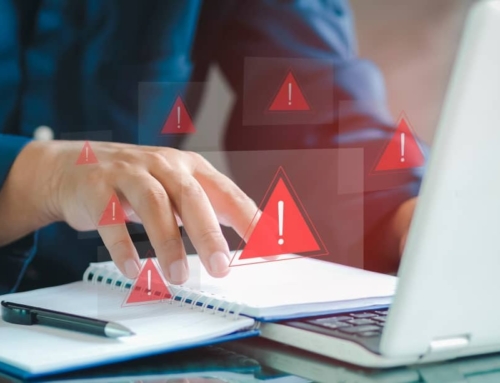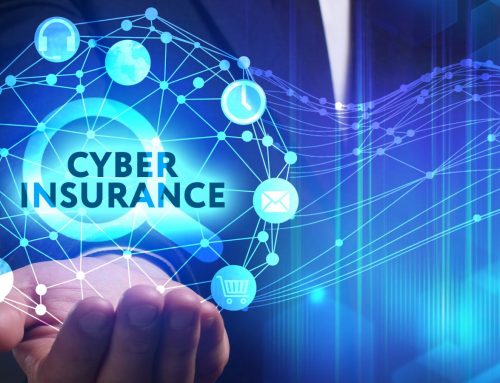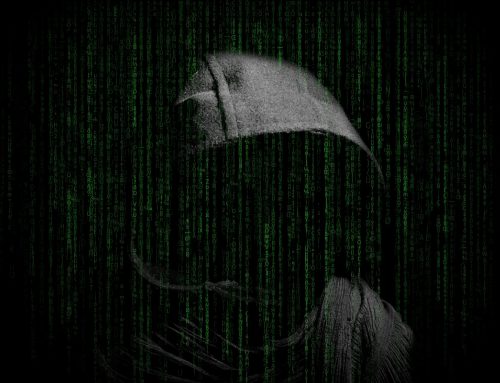With businesses quickly moving to have staff work remotely, every device, email server and WiFi network accessed outside the business network is a new potential access point or vulnerability for hackers to exploit.
Business leaders must establish strict policies and employee guidelines to ensure that we don’t have a cybercrime crisis during this unprecedented push to work remotely. Follow these tips to reduce threats:
Issue Security Policy Guidance and Rules

Working From home – Cyber Attacks
Annual training and email reminders from the IT department are not enough to keep good cyber habits top of mind for employees. A fresh reminder can go a long way to reinforce security best practices. It can be critical in protecting your business online profile.
Set Up a VPN
A VPN system creates an encrypted tunnel that your internet traffic travels through so it can’t be seen by third parties. Setting up a virtual private network (VPN) can seem daunting but just requires a couple hours to configure and isn’t technically difficult. VPN with multifactor authentication should be used as it is the strongest defense. Always implement multifactor authentication on all your devices. This include all your mobile devices, iPads or computers.
Require Use of Encryption and Wifi Protected Access (WPA) to Secure Networks
While no WiFi is totally secure, private, password protected networks are significantly more secure than public WiFi networks – especially those offered in cafes, hotels and other public places. You can always ask a business that offers public WiFi if private password protected networks are available.
Password Protect Devices Used by Employees and Third Parties
Require employees to use strong passwords that contain letters, numbers and special characters. Avoid using the same password on multiple devices/ accounts. Using secure “code keepers” like Dashline will also assist you in keeping all your passwords secure and safe.
Maintain Anti-Virus and Anti-Malware Software
Remind employees to install and regularly update adequate security software on all electronic devices they to perform work remotely. That can be a phone, tablet, laptop, etc. Some employers are eliminating BYOD options and mandating that employees use only employer-supplied equipment and devices. It is also advisable not to use a work computer for private internet browsing. Use high security anti-virus software and make sure you keep up to date.
Power Down
Encourage employees to power down computers, not in use. Powered off, computers are not accessible or susceptible to attacks or intrusions from the internet. Simply switch off all computers, laptops, iPhones and iPads if not in use.
Back Up Data
Regularly back up sensitive information and, depending on the importance of the data, make sure it is encrypted. Secure backups are the best strategy to prevent critical business disruptions in case of a ransomware attack. Important to also run daily website back-ups that are setup automated.
Looking for a Team of Tech-savvy Insurance Consultants to Help Guide You Toward the Right Plan?
That’s where we come in.
Located in Perth and Sydney, and servicing all of Australia, Grace Insurance is the region’s premier insurance resource, delivering top-notch solutions to help cover all aspects of your home and business. Contact us today to learn more about our cyber insurance coverage and let’s connect.






